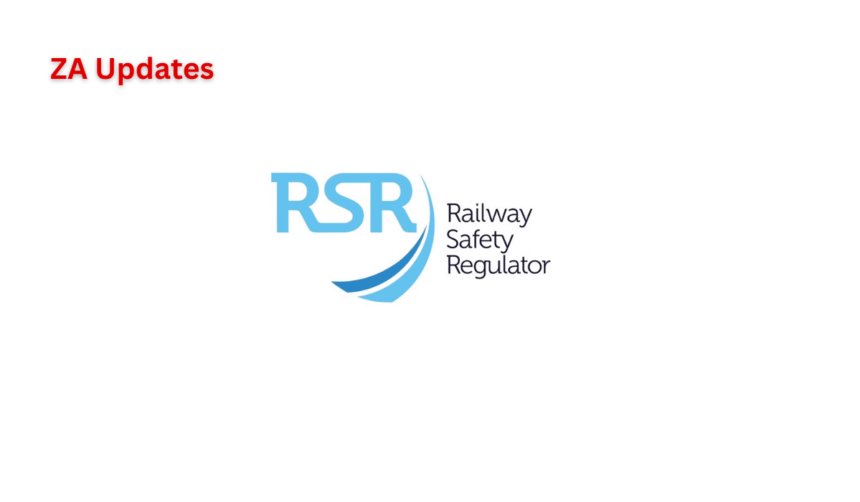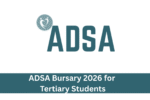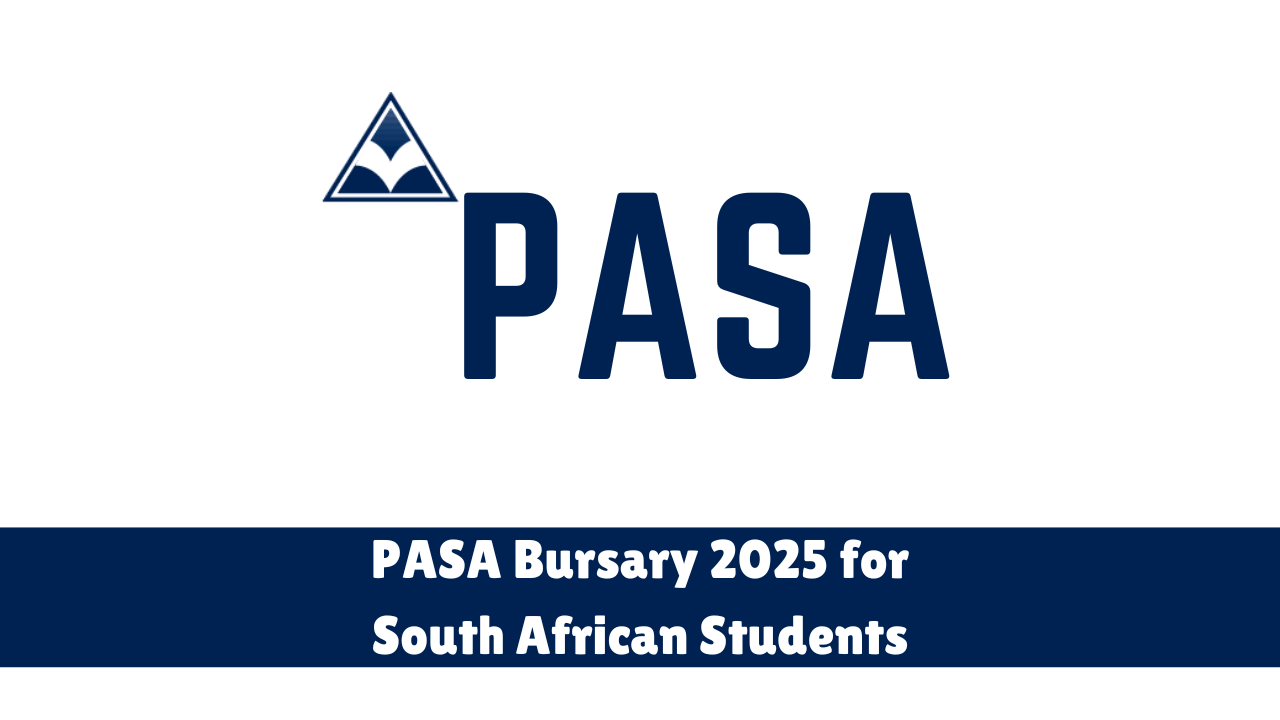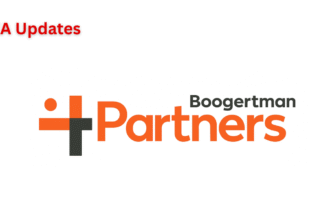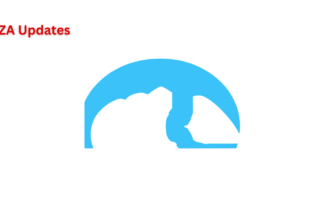Railway Safety Regulator (RSR) Bursary South Africa For 2026. Are you a South African student pursuing your final year in university and seeking financial support to complete your studies? The Railway Safety Regulator (RSR) Bursary South Africa for 2026 offers an excellent opportunity to achieve your academic goals while contributing to safer rail networks in the country.
Established under the National Railway Safety Regulator Act, Act 16 of 2002, the RSR plays a critical role in enforcing rail safety regulations across South Africa and its neighbouring countries. As a government entity headquartered in Bruma, Johannesburg with a satellite office in Cape Town CBD the RSR is committed to investing in the next generation of professionals through its bursary programme.
About the Railway Safety Regulator (RSR)
The Railway Safety Regulator (RSR) is a statutory agency under the Department of Transport, mandated to promote and monitor safety in the railway sector. The agency ensures that all railway operators whether public or private comply with national and cross-border railway safety standards.
Their work doesn’t stop at inspections and audits; the RSR also supports capacity-building initiatives through its student financial aid offerings such as bursaries, aimed at developing critical skills in key professional fields.
About the RSR Bursary Programme 2026
The RSR Bursary South Africa for 2026 is specifically designed to support final-year undergraduate, honours, and master’s degree students who are registered at accredited South African tertiary institutions. This initiative aligns with the RSR’s vision of strengthening the country’s rail safety framework by empowering the youth with relevant academic qualifications.
Fields Covered by the RSR Bursary
Students pursuing the following fields of study are eligible to apply:
| Field of Study | Qualification Levels Supported |
|---|---|
| Auditing | Final Year Undergraduate, Honours |
| Engineering | Final Year Undergraduate, Honours |
| Financial Management | Final Year Undergraduate, Honours |
| Information Technology | Final Year Undergraduate, Honours |
| Human Resources Management | Final Year Undergraduate, Honours |
| Media and Communication | Final Year Undergraduate, Honours |
| Law | Final Year Undergraduate, Honours |
The RSR aims to fund studies that align with its operational needs and future skills demand.
Eligibility Criteria for the RSR Bursary 2026
To be considered for the Railway Safety Regulator (RSR) Bursary South Africa for 2026, applicants must meet strict eligibility requirements. These include:
- Must be a South African citizen
- Must have completed Matric
- Must be studying full-time in one of the listed fields
- Must be registered for your final year of undergraduate, honours, or master’s studies in 2026
- Must be studying at a recognised and accredited tertiary institution in South Africa
- Must not be receiving financial aid from any other organisation
Failure to meet any of these criteria may result in disqualification.
Application Process for RSR Bursary 2026
To apply for the RSR Bursary, follow the steps outlined below:
Step 1: Download the Application Form
- Obtain the official RSR Bursary Application Form 2026 (.pdf). Make sure you are filling in the correct year’s form.
Step 2: Prepare Your Supporting Documents
Ensure that the following documents are included with your completed application:
| Required Documents |
|---|
| Certified copy of your South African ID |
| Certified copy of your Matric certificate |
| Certified copy of your latest academic qualification (if applicable) |
| Full academic transcript, including most recent results |
| Proof of tertiary registration (on official letterhead of your institution) |
| A motivational letter explaining why you deserve the bursary |
Important: All documents must be certified by a Commissioner of Oaths.
Step 3: Submit Your Application
- Email your full application to: [email protected]
- Use the subject line: “EXBUR 2026 – Your Full Name”
- Mention “https://zaupdates.co.za” in the field where it asks how you found out about the bursary
RSR Bursary Closing Date for 2026
The closing date to apply for the Railway Safety Regulator (RSR) Bursary South Africa for 2026 is:
17 January 2026
Note: Late applications will not be considered, so make sure to submit before the deadline.
Selection Process
Only shortlisted candidates will be contacted. If you don’t receive a response within a reasonable time after the deadline, consider your application unsuccessful. However, you are encouraged to apply again for future bursary opportunities.
Contact Details for Queries
If you have any questions regarding the RSR Bursary Programme, contact the provider directly:
- Email: [email protected]
- Contact Page: https://www.rsr.org.za/contact-us/
Why Choose the RSR Bursary?
There are many bursary programmes available, but the Railway Safety Regulator (RSR) Bursary South Africa for 2026 offers a unique value:
- Covers high-demand academic fields
- Backed by a national government agency
- Focuses on final-year, honours, and master’s students
- Opens doors for future employment within the transport and rail sector
It’s more than just financial aid it’s a stepping stone toward a meaningful career in public safety and infrastructure.
FAQs About Railway Safety Regulator (RSR) Bursary
Can I apply if I’m not in my final year yet?
No. The bursary is only available to students in their final year of undergraduate, honours, or master’s level studies during the 2026 academic year.
Will the bursary cover all my tuition fees?
While specific amounts aren’t listed, the RSR bursary generally covers tuition-related expenses. However, it is advisable to confirm exact benefits upon shortlisting or inquiry.
Can I apply if I already have another bursary?
No. One of the eligibility requirements is that you must not be receiving any other financial sponsorship from another organisation or institution.
Conclusion
The Railway Safety Regulator (RSR) Bursary South Africa for 2026 presents a golden opportunity for dedicated students in crucial fields such as Engineering, Law, Auditing, and Information Technology. It not only eases the burden of tuition costs but also opens avenues in the transport regulatory space of South Africa.

